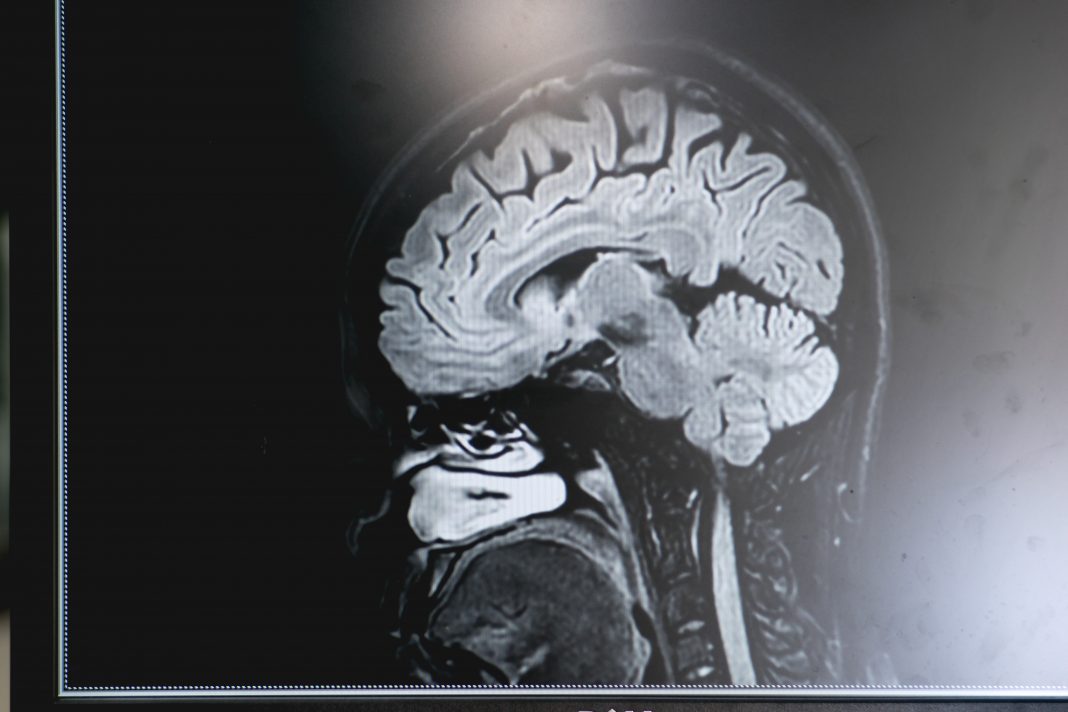Henry Scowcroft from Alzheimer’s Research UK argues that an Alzheimer’s drug, lecanemab, can slow memory decline in a phase 3 trial
In September 2022, the pharmaceutical company Eisai announced that their drug, lecanemab, had shown small but clear benefits for people with early Alzheimer’s, such as reductions in memory decline, in a rigorous, well-conducted phase 3 trial.
The drug is one of several in development that work by removing a protein called amyloid from the brain, but it’s the first that’s been shown to slow down people’s memory decline and thinking and improve day-to-day activities.
Although the effects are modest, with the potential for side effects, this heralds a new era – the arrival of a treatment that can slow the course of Alzheimer’s disease by targeting its biological underpinnings.
It is, truly, a historic moment for dementia research. And it’s a vindication of what Alzheimer’s Research UK has long believed: that scientific research into dementia will lead to effective treatments.
And yet, as ever there are caveats. While UK experts referred to this as the “end of the beginning” of the search for effective treatments, there are hurdles ahead that need to be cleared before the drug can be made available to people.
A vital step forward – but not a cure
The trial, known as CLARITY AD, involved 1,795 people with either mild Alzheimer’s or mild cognitive impairment (MCI) due to Alzheimer’s, who received an intravenous infusion of either lecanemab or a dummy drug every two weeks. They then had brain scans and a regular interview-based test, which measures things like memory, orientation, judgment, and problem-solving.
The results available so far suggest that, after 18 months, the people taking the drug saw their cognition decline 27% more slowly than those taking the placebo, an effect that began to be seen after six months.
In practice, this probably means its benefits will be measured in extra months rather than years. But as anyone affected by Alzheimer’s knows, those months can be precious.
Because the trial only followed people for 18 months, it remains to be seen how people on lecanemab will fare in the long term. And we still need options for people with more advanced Alzheimer’s and for those with other forms of dementia.
Nevertheless, these results will bring hope to people living with dementia today, like Alison Littleford, whose husband Frank was diagnosed with Alzheimer’s disease in 2020. “We don’t yet know if this is a drug that will be beneficial to Frank or if and when he would be able to be prescribed it,” she said. “But it is so important to us to see that research is making progress.”
The CLARITY AD trial is yet to display full data for memory decline
The full results from the CLARITY AD trial still haven’t yet been subject to full scientific scrutiny by peer review. More data will be revealed at a large US conference in late November and will reveal more about important things like side effects.
One thing we did learn from Eisai’s initial announcement is that lecanemab’ s side effects are quite tough for some. The main downside is a condition called ARIA, which results in swelling and/or bleeding in the brain. Just over one in five patients (21.3%) who took the drug experienced this. It’s important to note, though, that nearly one in ten patients (9%) who received the placebo also experienced ARIA.
The drug was tested as a bi-weekly intravenous infusion. In practice, if approved at this dosing schedule, it could mean regular, ongoing trips to the hospital for treatment every two weeks, along with regular monitoring scans. Many people might find this tough.
Eisai is now working on a version of lecanemab that’s given as a subcutaneous injection rather than as an IV drip, which may reduce side effects and be easier and less complex to administer.
Getting lecanemab to the people who need it
There’s then the matter of the practical and regulatory hurdles that any new treatment must clear before people can receive it.
Given the side effects, there will need to be scans and clinical monitoring in place in the healthcare system – that will all need to be factored in on top of the simple cost of the drug.
Bodies like NICE, which judges the value for money of particular drugs so the NHS can make decisions about which treatments to fund, will need to carefully consider the right approach to assessing new drugs for dementia and conditions which cause gradual memory decline. This may be especially tricky given that so much of the societal cost of dementia falls outside the NHS, e.g. on social care, which NICE doesn’t usually consider.
In preparation for all this, it’s vital that the government’s recently announced Dementia Mission focuses on ensuring the NHS is ready to roll out new licenced therapies as quickly as possible.
Targeting the biological processes
For the research community, this marks the day that the paradigm of targeting biological processes, well-accepted in fields like cancer, has finally been demonstrated in dementia. Beyond lecanemab, there are more than 140 experimental drugs in clinical testing today, with the vast majority targeting other processes involved in dementia. This raises the prospect of combination therapy proving even more effective – again, something that works well in other disease areas.
But most of all, today’s news offers hope to people with dementia. As Alison says, “For Frank and me, and all people in our situation, we need to see all avenues being explored to find successful treatments and then get them to the people who so desperately need them.”
“But it is a great comfort to us, as it will be for so many families affected by Alzheimer’s, that there is hope that new treatments are on the horizon.”


